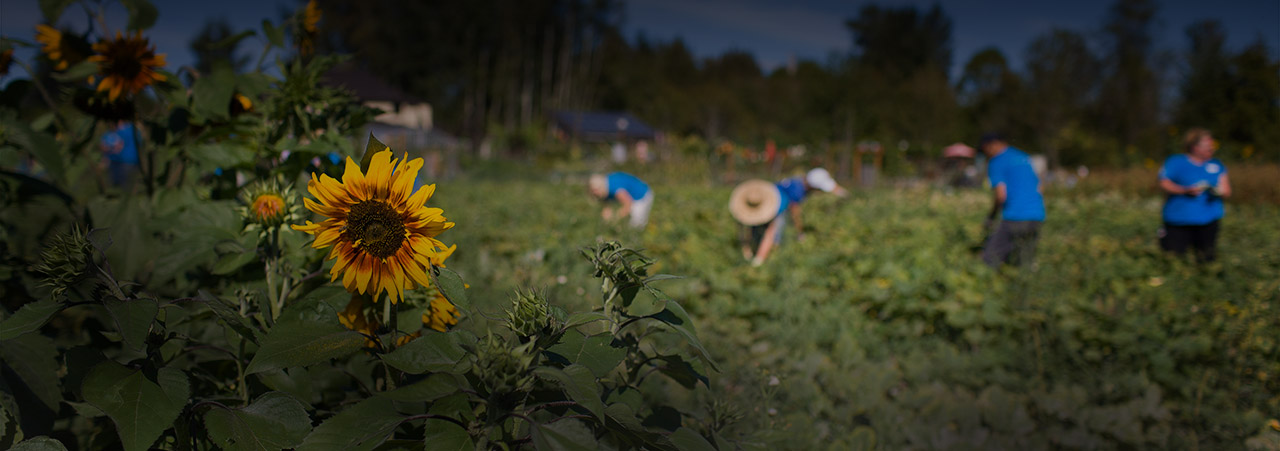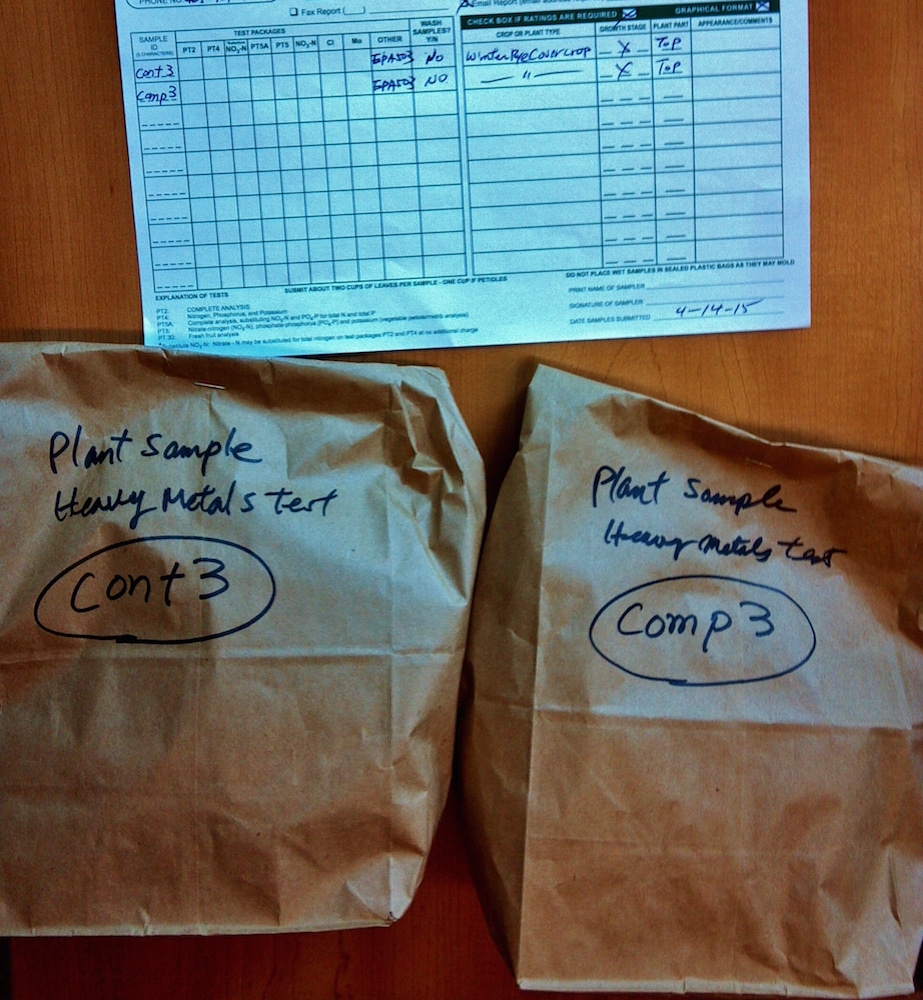
Research
The 21 Acres Farm is a biodiverse, Organic-Certified small farm operation that is also a WSU BIOAg site. This means we’re an approved site home to current and future research in sustainable agriculture and food systems. Our farm demonstrates a variety of ecologically important conservation practices and strategies for growing food in a climate-friendly manner. Our production acreage is about four acres and there are a number of places on the farm where you can examine the agroecological farm management approach we have adopted. An agroecosystem is a dynamic association of crops, pasture, livestock, other flora and fauna, soils, water, and the atmosphere.
Acroecosystems are contained within larger landscapes, which include uncultivated land, drainage networks, rural communities, and wildlife. Our conservation ethic informs us when to use water, when to fertilize or control pests, and when we need to rest the fields.
Featured Projects

COMPOST IN THE FIELDS
One of the ways 21 Acres tells the story of closing the loop with food and food waste is by its participation in Compost Research Trial conducted by Washington State University. Forty-nine King and Snohomish County farms participated, using commercial compost from four different suppliers. Because 21 Acres is a Certified Organic farm, we tested Organic compost by spreading it on one section of our production acreage. Then, we observed growth patterns of both cover crops and vegetable crops in treated and untreated sections, and investigated whether there were any noticeable amounts of heavy metals in the soil from the compost. We conducted simple sampling techniques and soil analysis. The result? Our soils were not negatively impacted and all of the plants were healthy and thriving. Learn more about the larger WSU Compost Trials and the Compost Outreach Project.
BENEFICIAL INSECT STUDIES
One way for small farms to eliminate reliance on pesticides is to get help from the local community – the local beneficial insect community, that is. King Conservation District recently awarded 21 Acres with a Regional Food System grant to create and study native plant habitats to gauge changes in native beneficial insects. Over the next two years, we will investigate whether different native plant arrangements can provide good forage and nesting sites for bees, beetle, butterflies, and flies that provide ecosystem services. With volunteer assistance, we’ll conduct a census of beneficial insects and hopefully track their presence over time. We’re excited about our attempt to build a more resilient farmstead and look forward to watching our farm edges grow.
Another beneficial insect project underway on the 21 Acres Farm is the Northwest Pollinator Initiative. The WSU team assesses pollinator community health, investigates pollination services, and educates local community members to increase pollinator literacy. We host their Citizen Science Pollinator classes – typically offered during the growing season. Sign up to participate!
















